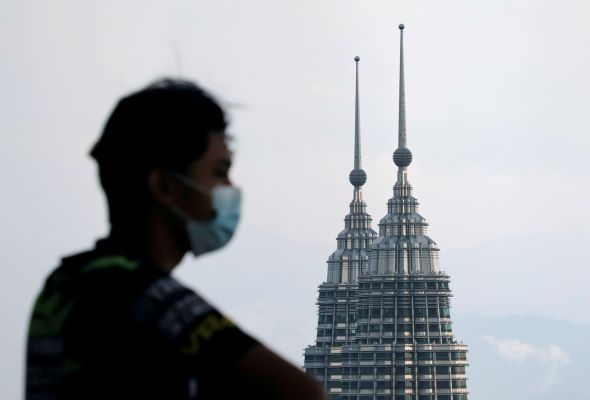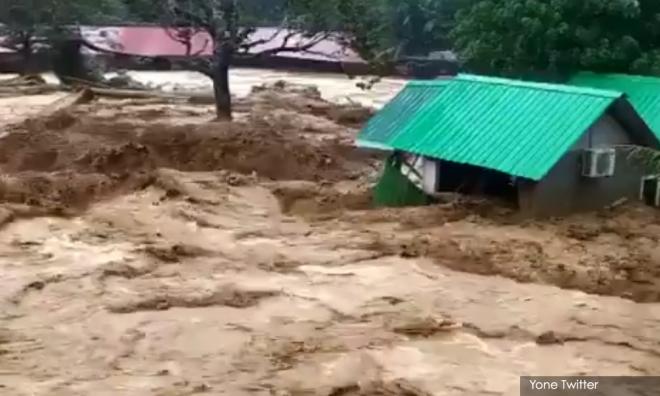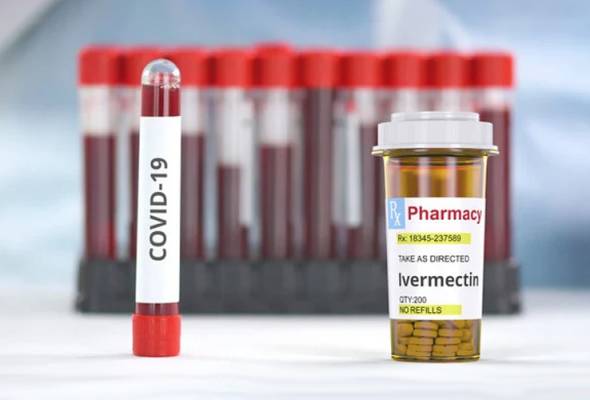
Published in Astro Awani, Asia News Today, New Straits Times, Focus Malaysia & Bernama, image by Astro Awani.
We can give credit to the previous Government for achieving the highest vaccination rates per capita in the world, but it’s time to take stock of the situation, learn from past failures and move forward in managing the pandemic to sustain economic reopening.
Maintain high level vaccination readiness
Although the success of Operation Surge Capacity had apparently reduced the need for vaccination centres (PPV) in Klang Valley, we shouldn’t be quick to reduce the involvement of general practitioners (GPs).
Chances are we’ll need to continue vaccination drives nationwide for a while, given a “double whammy” of potentially waning immunity, and immune evasion of variants. Some people receiving vaccines earlier in the National Immunisation Programme may have waning immunity by now, and variants may cause the protective effect of vaccines to drop even lower.
Nature, a leading multidisciplinary science journal, reported an estimate by Israel’s health ministry’s that the level of protection dropped to staggeringly low 40% by the end of June from what was initially above 90% protection against infection and disease earlier in its vaccination programme.
Malaysia may face a similar (if not worst) outcome when taking into account relatively lower vaccination coverage while Delta is spreading and that some vaccines brands may confer lower performance.
Relatedly, studies to determine the potential need for booster/updated vaccines are ongoing worldwide. The US, Israel, and several nations in Europe have either started administering boosters or considering it for vulnerable groups.
Therefore, not only the authorities may have to consider procurement of booster/updated vaccines for the fully-vaxxed, but also the likelihood for heterologous boosters i.e., mix-and-match strategy with different vaccines.
Additionally, there are increasing global observations on younger age group vaccination. The UK and some European countries have started vaccinating over-12 and under-18 age groups.
While clinical trials for under-12s are on-going, Malaysia’s authorities have given the green light to vaccinate 12- to 17-year-olds with underlying medical conditions, followed by 12- to 17- year-olds with no medical issues.
Health concerns and reports of rare inflammation in the heart (myocarditis and pericarditis) and unknown potential of long-term impacts call for cautious study on results of clinical trials and real-world data (experience in other countries) before proceeding to younger age groups.
The point here is that these are possible vaccination trajectories for Malaysia and we’ll need vaccine administration outlets to be on ready-mode.
Despite potential cost disadvantages and logistical complexities, a decentralised strategy should be the way to go. The concept of “mega” PPVs for a highly-infectious airborne disease that thrive when people congregate seems reasonable only when proper ventilation and distancing can be adhered to, and only for handling sensitive vaccines that require specialised storage and handling procedures not doable for most GP clinics.
Moving forward, Covid-19 Immunisation Task Force (CITF) should consider registering GPs nationwide as local “mini” PPVs and assign people’s vaccination appointments according to localities (prioritised according to risk profiles) through MySejahtera for future vaccinations drives.
Significantly expand healthcare capabilities
One thing we all can agree on is the need to boost healthcare capacity, particularly in increasing the number of beds, intensive care unit (ICU) capacities, equipment (ventilators, oxygen etc.), drugs and reagents, personal protective gears and many other needs.
In addition to equipment, the healthcare system requires a stockpile of existing and emerging therapies as prophylaxes (prevention of disease progression) and drugs to manage late-stage diseases. This includes promising high-end therapies such as monoclonal antibodies and anti-viral drugs for early-stage disease treatments.
This has to be reflected in emergency health expenses as well as future budget allocations.
Other recommendations for expanding healthcare capabilities for Covid-19 management can be found in the article “Reinventing Covid-19 pandemic management – speed and scale” dated July 27.
Related to expanding healthcare budget, healthy living should be incentivised, while unhealthy choices such as the purchase of alcohol and cigarettes should be subjected to larger sin taxes to fund a special budget under the Ministry of Health for lifestyle and non-communicable diseases. In fact, certain food and drinks should be considered to be sin-taxed as well. It does not seem fair for people to pay public healthcare costs for unhealthy choices of others.
Focus on personal health, prevention of virus transmission and early detection
Old or new Government – neither can fix irresponsible people and businesses. We simply cannot monitor all shop owners to be strict in accepting only fully-vaccinated people and ensure all shop-goers to practice strict standard operating procedures (SOPs) and personal hygiene. Sustainable reopening of the economy ultimately boils down to self-discipline.
DG Noor Hisham also pointed to several studies indicating high virus loads in the noses of both vaccinated and unvaccinated people, confirming EMIR Research’s speculations in earlier articles that current vaccines stimulate predominantly systemic immunity and not mucosal immunity.
Therefore, as postulated in earlier releases, the mucosal surfaces (in our nose and lungs) acts as a reservoir for continued infection and transmission which increase chance of mutations and further antigenic drift i.e., changes in the structure of antibody targets such as parts of the virus spike.
Over time, mutations may cause further vaccine breakthroughs, calling the need for continuously updated vaccines.
Governments worldwide should demand for next-generation vaccines that address this unsustainable “cat-and-mouse” game as outlined in the article “We need next-generation vaccines now to combat variants” dated July 12, and increase the voice calling for vaccine equitable access.
While waiting for next-gen vaccines, we have no other way but to strictly enforce SOPs such as indoor double-masking (ideally with face shields) and physical distancing, adopt best hygiene practices, control crowd density, and ensure sufficient air circulation and purification.
Aligned with the narrative on personal responsibilities, this is the time where health authorities should emphasise the importance of maintaining good physical and mental health through proper diet, exercise, rest, management of stress and other holistic preventative health approaches. Refer to EMIR Research article “D-hammer option to flatten the curve” dated July 21 for more details on the importance of vitamin D in boosting the immune system.
With vast data collected by MySejahtera over the past year, efforts should be put into reviving the Hotspot Identification by Dynamic Engagement (HIDE) early-warning predictive system to identify a potential super-spreading hotspot before it emerges.
Additionally, as soon as the study on price of Covid-19 self-test kit is done, these kits should be made widely available for self-management (testing and isolation), and paired with enhanced contact tracing technology. Details and other suggestions for more sustainable reopening have been outlined in the article “Simultaneous containment and controlled reopening through tech-powered mass testing” dated July 15.
Increase research and monitoring
Immunological and viral genomic studies are crucial in fighting the pandemic. When authorities combine this with on-going global research on the correlation between demographic profiles, vaccine types, antibody levels and protection against different variants, it can help provide a better ‘feel’ of the immunological status of the nation, and guide the decision regarding if and when boosters and children vaccination may be needed.
Additionally, we should start to monitor other virus transmission reservoirs such as those in animals and also conduct genome sequencing to monitor potential cross-over to humans.
Last but not least, there is a need to scale-up clinical trials on potential drugs and therapies. For example, while waiting for next-gen vaccines, why not consider promising nasal sprays for local trials?
An investigation on the clinical efficacy of nitric oxide nasal spray for the treatment of mild Covid-19 infection reported a fast and significant drop (95%) in viral load within 24 hours, and 99% reduction within 72 hours.
If those tested positive can have access to cheap early-stage treatments to reduce viral loads in upper respiratory tracts before the virus can spread deeper into the lower respiratory system, it could be a game changer in stifling infection, transmission and disease progression. Let’s explore all options.
Past failures of premature reopening of high-risk areas and schools, low monitoring and enforcement of SOPs (particularly in high-risk clusters), half-hearted restrictions and inconsistent policies must not be repeated. The time for proactive, consistent, clearly-communicated, data-driven policy-making is now or never.
Ameen Kamal is the Head of Science & Technology at EMIR Research, an independent think tank focused on strategic policy recommendations based on rigorous research.

